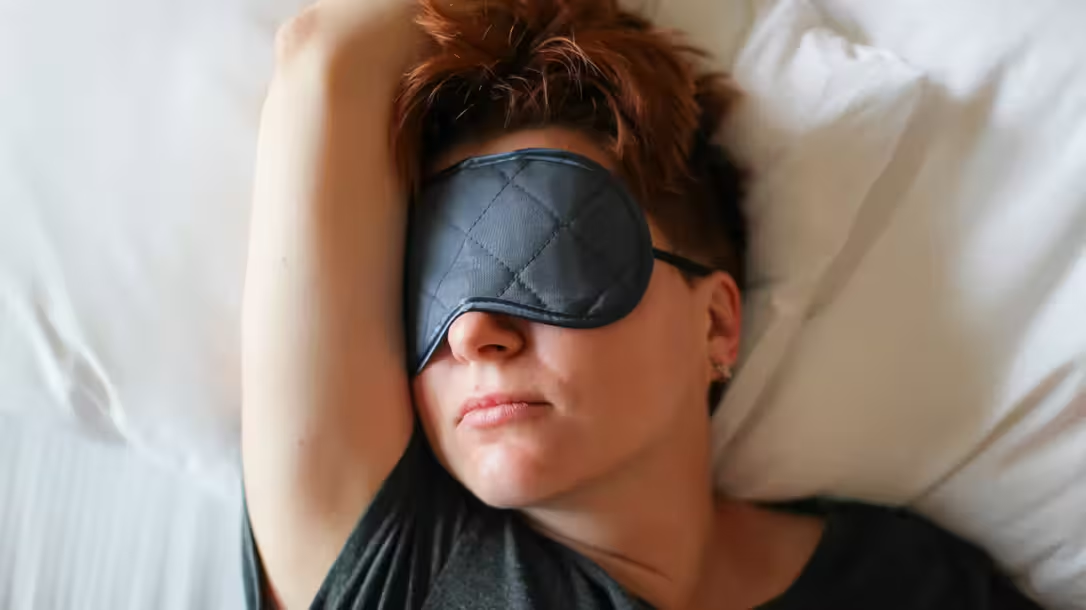Feeling fatigued? Take a look at how multiple sclerosis can affect your sleep and the actions you can take today for a more restful night.
Getting better sleep is one of the most important ways to thrive with multiple sclerosis (MS).
“Sleep is a game-changer in terms of quality of life,” says Julie Fiol, RN, director of MS information and resources for the National MS Society.
It’s vital to promoting healthy cognitive function, mental health, cardiovascular and muscle capacity, and energy levels. However, many people with MS struggle with sleep — around 80 percent report dealing with fatigue.
Of course, good sleep hygiene, including a regular sleep schedule, avoiding devices before bed, and creating a restful space, is important in the quest for good sleep. But if you have MS, you need more than just good sleep hygiene on your side.
Multiple sclerosis and insomnia: Connections
Insomnia refers to trouble falling asleep or staying asleep. You may experience trouble falling asleep at bedtime, waking in the middle of the night, or waking early in the morning and feeling unable to go back to sleep. You may feel like even when you have slept, you do not feel rested. All these factors can lead to fatigue during the day.
There are many reasons why people with multiple sclerosis are more likely to experience insomnia. It’s possible that since lesions can affect any and all areas of the brain, MS may directly impact circadian function and sleep quality, explains Dr. Kapil Sachdeva, a clinical neurophysiologist at Northwestern Medicine Central DuPage Hospital.
MS-fueled issues, such as pain, muscle spasticity, urinary frequency, mood changes, and restless legs syndrome may also frequently contribute to tossing and turning.
Sachdeva adds that many medications used in the management of MS can further inhibit sleep.
How can you improve sleep when living with MS?
With so many factors at play, it’s important to not just address your sleep symptoms but also determine what’s actually triggering them. And that’s going to be different for everyone.



